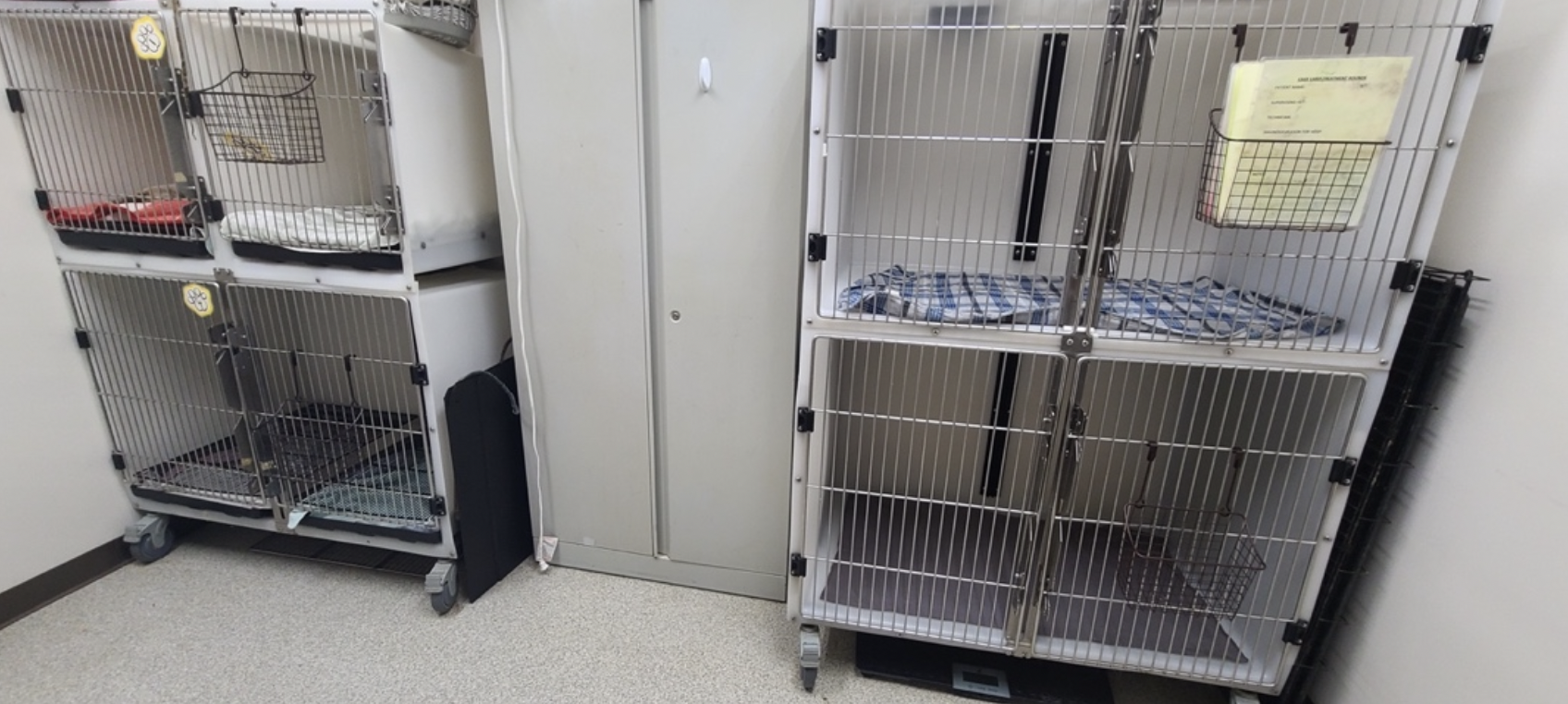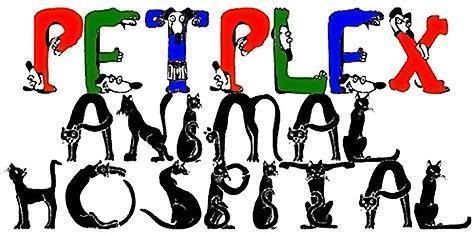What is Parvo?
Parvo is a highly contagious virus that is caused by the Canine parvovirus. Any UNVACCINATED dog can be susceptible to the virus but it mainly affects young, unvaccinated puppies. This virus can contaminate surfaces such as food and water bowls, kennels, and even collars; it can be in the environment for YEARS! Parvo mainly attacks the GI tract and is spread by direct contact with other dogs or from contaminated environments.
What are the symptoms of Parvo?
When dogs start to show signs of parvo, they may already be very sick. Most dogs will show
signs within 3-7 days of infection.
The most common signs of parvo are:
• Decreased energy/ appetite
• Vomiting and bloody diarrhea
• Abdominal pain
• Fever
• Weight loss
If your dog shows any of these signs or if you’re concerned that your dog may have parvo, you should contact your local veterinarian or call us at 740-929-3300 immediately.
What is the treatment for Parvo?
Early detection of parvo and aggressive treatment are very important to the survival of dogs with parvovirus! There is no specific medication to treat parvo. The recommended treatment is supportive therapy such as IV fluids, antibiotics, anti-vomiting medications, and pain medications to help your dog fight off the virus. A feeding tube may also be necessary to give your dog the nutritional support it needs. We do recommend hospitalization to give all of the necessary treatments in our specific Isolation Ward and to help minimize the spread of parvovirus.

Our Isolation Ward for dogs with parvovirus
How can I prevent Parvo?
Parvo in dogs is a very serious and highly contagious disease, but it can be preventable! Understanding how parvo spreads, the signs of parvo, the treatment options for parvo, and the best ways to prevent parvo in puppies will help you keep your puppy safe.
Vaccinate, vaccinate, vaccinate
• We recommend starting vaccinating puppies (at a veterinary clinic) at 8 weeks old and booster those vaccines every 3-4 weeks until they are about 16 weeks old.
• To protect adult dogs, we recommend keeping up to date on their vaccines every 1-3 years.
Avoid Exposure
• A puppy that has not received all of its vaccines should NOT go to high-volume dog areas such as dog parks, grooming, and boarding facilities.
Good Hygiene
• Good hygiene practices such as picking up after your dog and hand washing is a way to limit the spread of canine parvovirus.
Take some time today to be sure that your dog’s vaccinations are up-to-date so that they can stay happy and healthy! If you think your dog might have been exposed to parvo, don’t hesitate to contact your local veterinarian or call us today at 740-929-3300!
